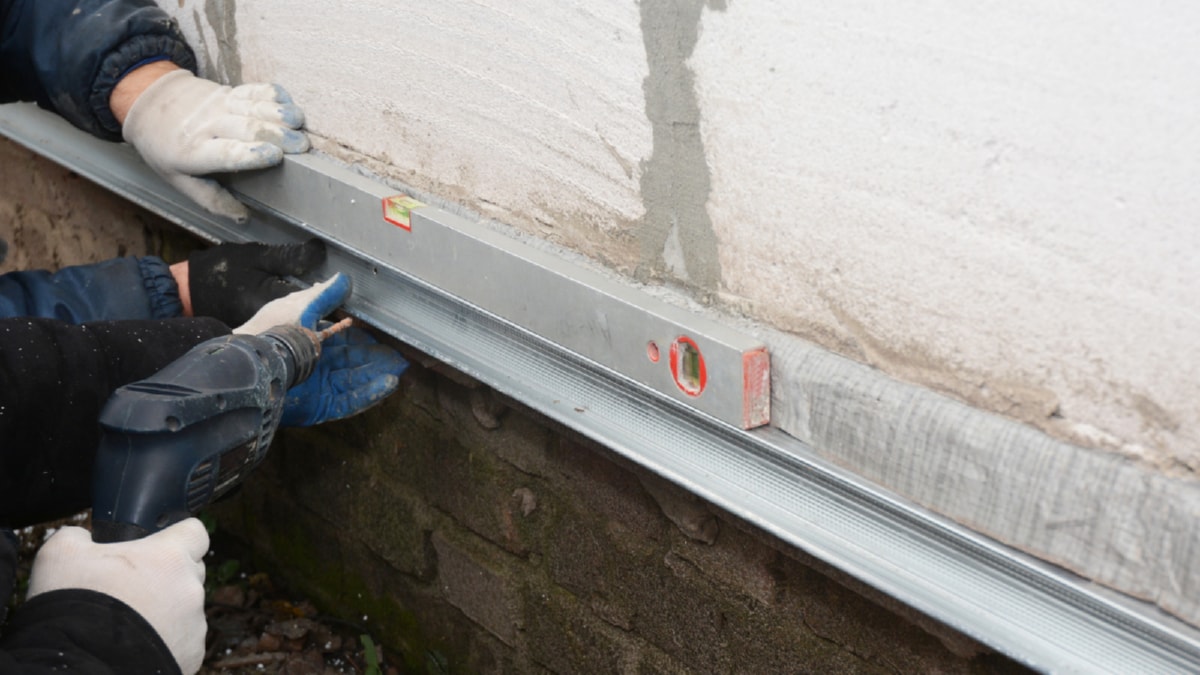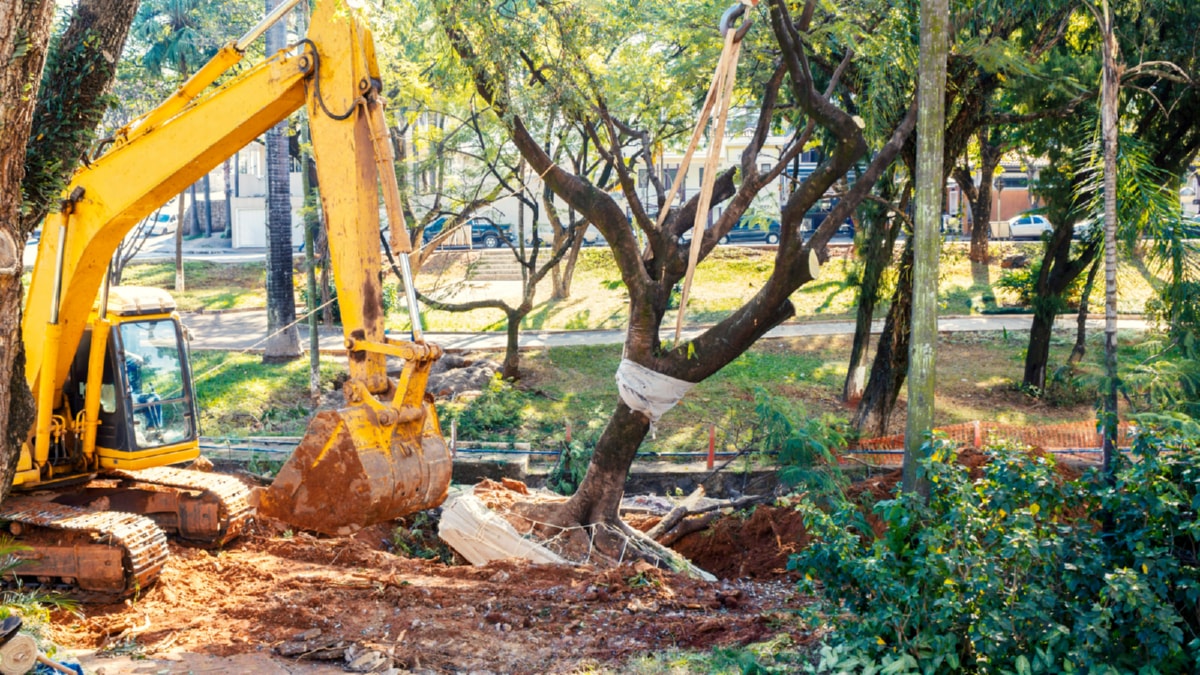Title: Construction Guide #69: Essential Advice and Top Practices for Successful Building
The industry of construction is a dynamic one, packed with numerous intricacies and challenges. Thus, it necessitates a thorough understanding of the best practices to ensure successful project completion. In Construction Guide #69, we explore some vital tips and best practices that can substantially enhance your construction process.
1. Detailed Planning: The foundation of any victorious construction project is detailed planning. An effective plan should incorporate every part of the project, from resource allocation to project scheduling and contingency planning. This thorough blueprint enables all team members to understand the project’s objectives and their individual roles. Furthermore, it helps identify potential risks early on, enabling proactive problem-solving.
2. Quality Materials: It is a best practice to never make concessions on the quality of materials used. Inferior materials may save you some money upfront, but they often lead to higher maintenance costs in the long run. Always opt for high-quality, durable materials that align with the project’s specifications and ensure the structure’s long-term integrity.
3. Proper Training: To ensure efficiency and safety on the construction site, all workers should be adequately trained. This includes understanding the use of various tools and machinery, as well as adhering to safety protocols. Regular training sessions can help reduce workplace accidents and improve overall productivity.
4. Clear Communication: In the realm of construction, clear and concise communication is critical. Misunderstandings can lead to costly mistakes and delays. Thus, fostering an open communication channel among team members, stakeholders, and clients is essential. This encourages cooperation, enhances teamwork, and ensures every team member is on the same page.
5. Sustainable Practices: As the construction industry progresses, there is a growing emphasis on sustainability. Incorporating eco-friendly practices not only reduces environmental impact but can also lead to cost savings. This could involve using renewable materials, recycling waste, or employing energy-efficient construction methods.
6. Technology Integration: The integration of technology in construction processes can greatly boost efficiency and accuracy. Tools like Building Information Modeling (BIM) allow for better project visualization, while software applications can streamline project management and documentation. Adopting these technologies can give your construction project a competitive edge.
7. Regular Inspections: Regular site inspections are a crucial practice in construction. They ensure that the work is aligning with the plan and meeting the required standards. Inspections also help in early detection of any issues or deviations, allowing for timely rectification.
8. Legal Compliance: Lastly, understanding and complying with local building codes and regulations is paramount. Noncompliance can lead to hefty fines, legal issues, and even project shutdown. Therefore, always ensure your project adheres to all relevant laws and guidelines.
In conclusion, these tips and best practices are crucial to effective building. By incorporating detailed planning, using quality materials, ensuring proper training, maintaining clear communication, adopting sustainable practices, integrating technology, conducting regular inspections, and adhering to legal compliance, you can greatly enhance your construction processes. Remember, the key to successful construction lies not just in erecting structures, but in building trust, maintaining safety, and delivering quality. For more information, visit their map here.
For more details, check best Tarmac Contractors Kildare Galway Limerick Mayo Offaly or visit their Tarmac Contractors Kildare Galway Limerick Mayo Offalybusiness listing here.




